Henry Kissinger, a renowned scholar, statesman and diplomat who wielded unparalleled power over U.S. foreign policy during the administrations of Presidents Richard M. Nixon and Gerald Ford, and who in later decades as a consultant and writer offered views that shaped global politics and business, died on the evening of November 29 local time (morning of November 30 Vietnam time) at his home in Connecticut, at the age of 100.
His consulting firm Kissinger Associates announced his death in a statement on the evening of November 29, but did not disclose the cause.
A Republican Party giant, Kissinger remained influential until the end of his life, largely through founding Kissinger Associates in 1982, a New York City-based geopolitical consulting firm, and authoring several books on international affairs.
Heinz Alfred Kissinger was born on May 27, 1923, in Furth, Germany. A Jewish immigrant fleeing Nazi Germany, he became Henry Alfred Kissinger after moving with his family to the United States in 1938.
He spoke very little English at the time. But he used his sharp intellect, his command of history, and his writing skills to quickly rise from Harvard graduate to faculty member at the prestigious university.
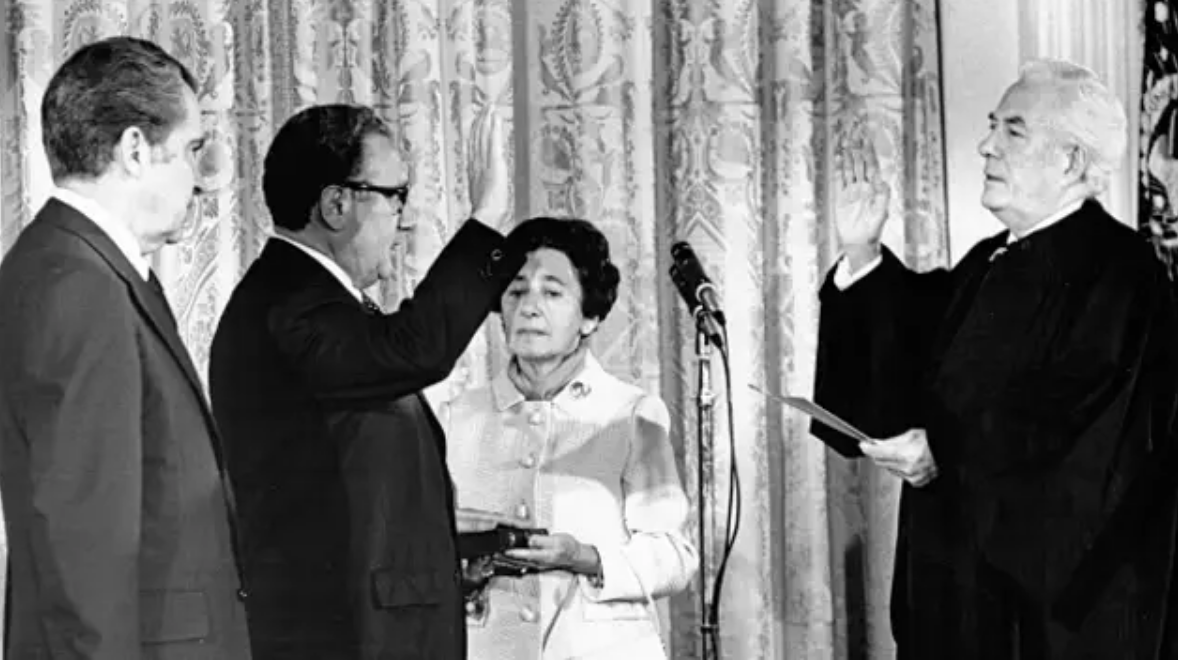
As President Richard Nixon looks on, Henry Kissinger is sworn in as US Secretary of State before Chief Justice Warren Burger in September 1973. Kissinger's mother, Paula, holds a Bible. Photo: Getty Images
He has advised 12 US Presidents – from John F. Kennedy to Joseph R. Biden Jr. With a scholar's understanding of diplomatic history, he strives to succeed on American soil – his second home.
He began his service in the Nixon administration in January 1969 as White House National Security Advisor and, after being appointed Secretary of State in 1973, held both positions simultaneously—a rare occurrence. When President Nixon resigned, he continued to serve under President Gerald R. Ford.
For decades, he has been the country’s most important voice in managing relations with China and the economic, military and technological challenges Beijing poses. He is the only American to have met with every Chinese leader from Mao Zedong to Xi Jinping. In July, at age 100, he met with Xi and other Chinese leaders in Beijing, where he was warmly welcomed.
With his German accent, sharp wit, and passion for socializing, Mr. Kissinger was widely known around the world, in stark contrast to most of his humble predecessors.
He was not only a tabloid star, but also a regular visitor to the heavyweight press, who pored over his ideas on geostrategy. When he was appointed Secretary of State, a Gallup poll showed him to be the most admired man in the country.
But he also became the target of relentless criticism. What he saw as pragmatic, many writers and analysts saw as unscrupulous.
Dr. Kissinger achieved power, fame, and wealth beyond the dreams of most people in public life, yet he spent the last decades of his life defending himself and his place in history, explaining that he did what he had to do .
Minh Duc (According to Washington Post, NY Times, The Guardian)
Source








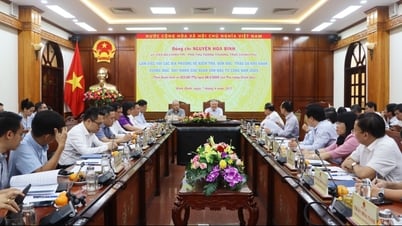

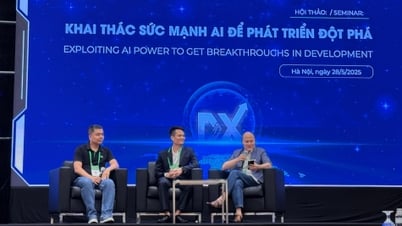
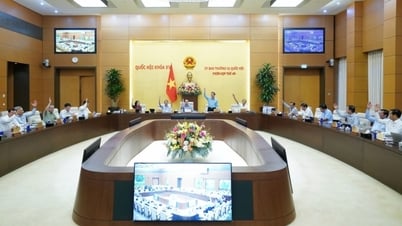
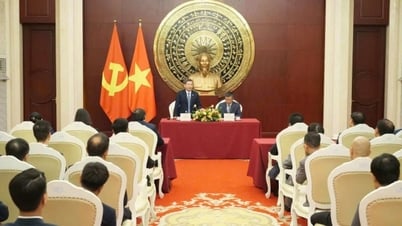
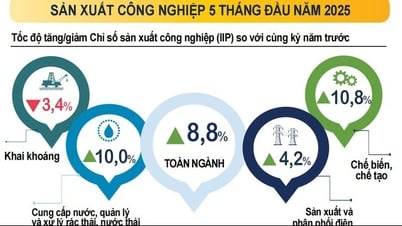
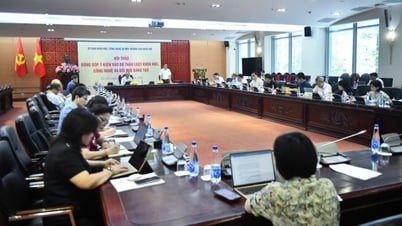





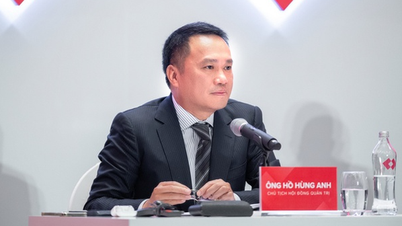



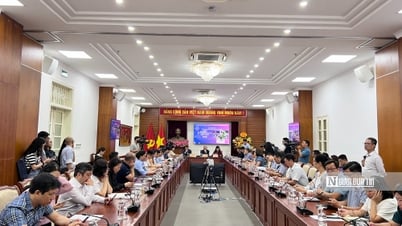

































































![[OCOP REVIEW] Tu Duyen Syrup - The essence of herbs from the mountains and forests of Nhu Thanh](https://vphoto.vietnam.vn/thumb/402x226/vietnam/resource/IMAGE/2025/6/5/58ca32fce4ec44039e444fbfae7e75ec)





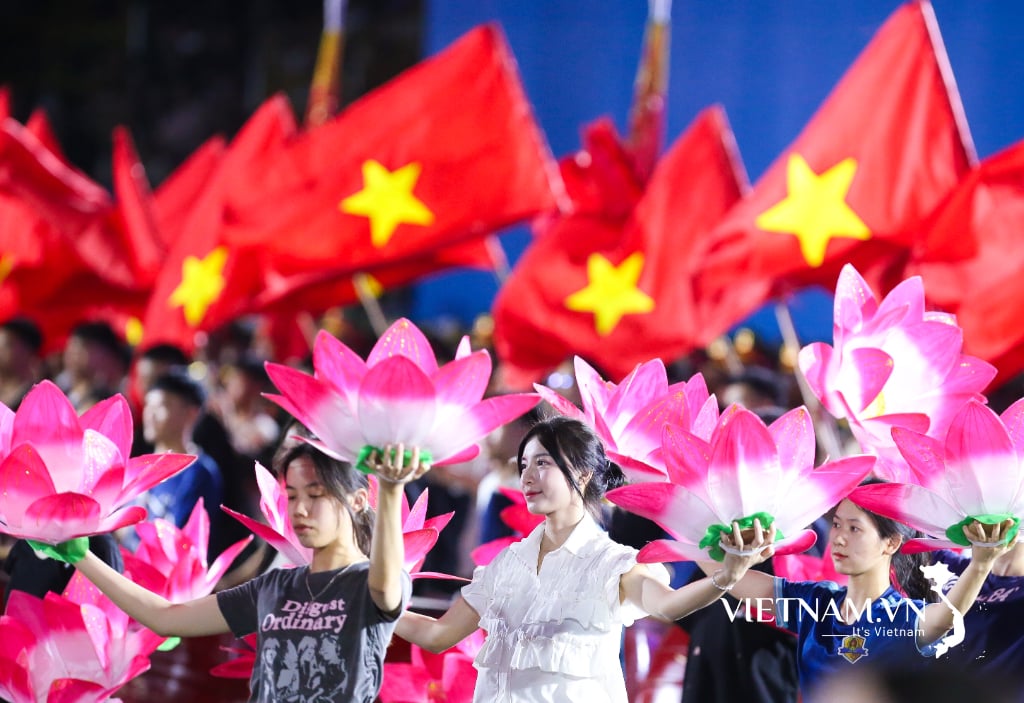

Comment (0)